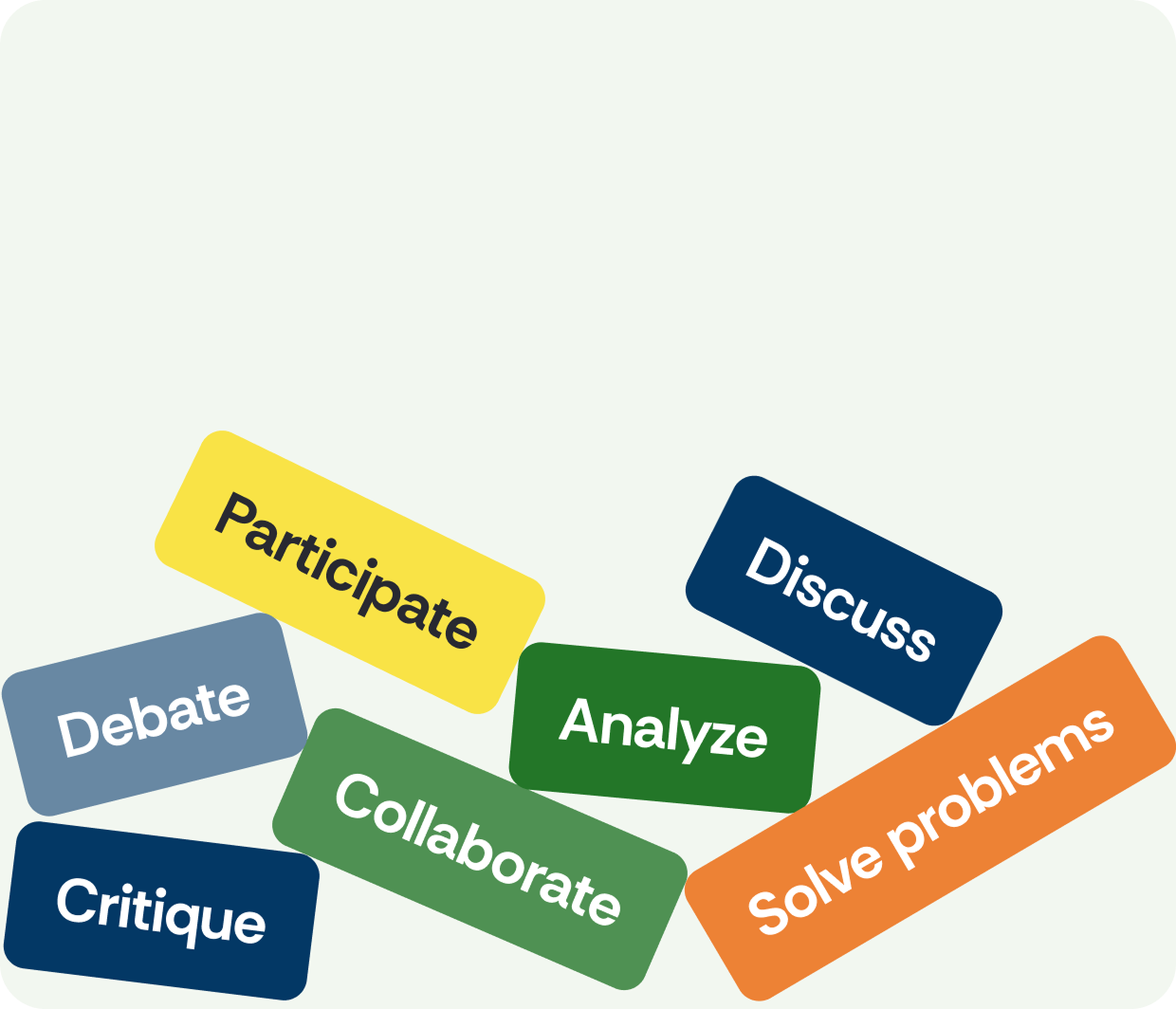Unlock the power of group work: Make peer-to-peer learning easy to organize
Group work is key to facilitate communication, empower inclusive learning, and nurture real-life skills. However, designing and maintaining successful group projects is not an easy task. While instructors struggle to maintain student accountability, students encounter myriad frustrations due to their group members not contributing or procrastinating to the last minute. How can we increase student engagement and responsibility in group projects?
Join our webinar and discover the best strategies for elevating the group work experience for better collaboration and learning outcomes, shared by Caryn Neiswender and Amber Parker of the Paul Merage School of Business at the University of California, Irvine (UCI).


What you'll learn
- The key factors for successful group work
- Strategies to enhance group work experience
- Enhance equity and group dynamics with FeedbackFruits tool – Group Formation
Meet our speakers
As the Associate Director, Learning Experience Design in Digital Learning at the Paul Merage School of Business, Caryn Neiswender supports the development of courses and instructional materials by directly working with faculty to develop courses and managing the Learning Experience Design team.
Amber Parker is Associate Director, eLearning Support Services, Digital Learning at Paul Merage School of Business and the University of California, Irvine. She contributes to our highly personalized environment with her commitment to be responsive and respectful to everyone in the Merage School Family, from prospective students to the business community at large.
Preview here
Subscribe to our teaching insights newsletter


